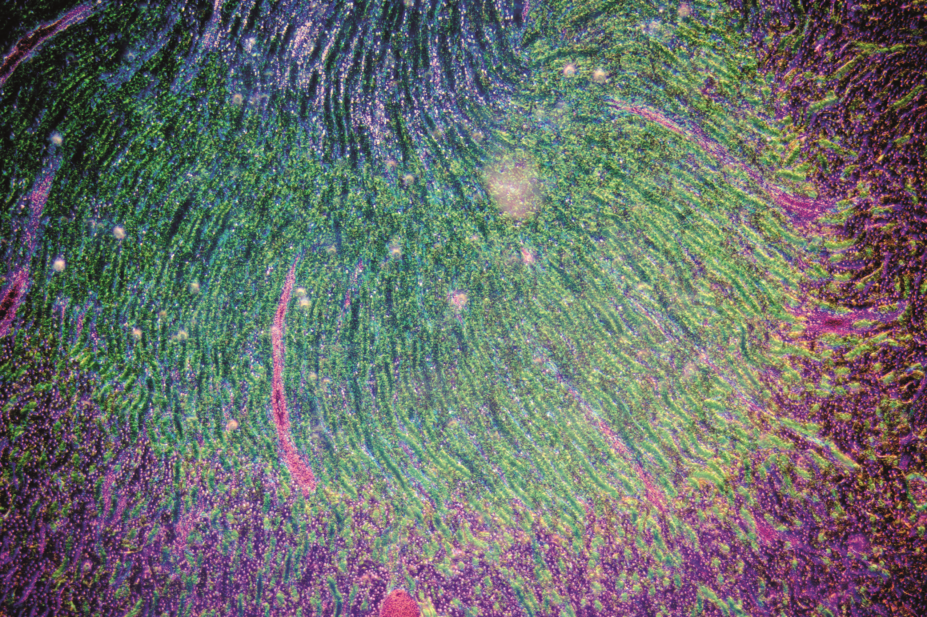
Shutterstock.com
The risk of both stroke and haemorrhage increases as chronic kidney disease (CKD) progresses, which can complicate the decision on whether to begin anticoagulation in those with concomitant atrial fibrillation (AF).
In the BMJ (14 February 2018), researchers studied general practice data on 2,434 matched pairs of CKD patients aged 65 years and over who were newly diagnosed with AF[1]
. One patient in each pair was prescribed anticoagulation within 60 days of diagnosis.
After a median follow-up of 506 days, researchers found that rates of both stroke and haemorrhage were higher in patients who received anticoagulation (hazard ratio [HR] 2.60 and 2.42, respectively). However, these patients had a reduced risk of death from all causes (HR 0.82) compared with those who did not receive anticoagulation.
The researchers said the paradoxical findings indicate an urgent need for randomised trials to inform guidance on anticoagulation in this population.
References
[1] Kumar S, de Lusignan S, McGovern A et al. Ischaemic stroke, haemorrhage, and mortality in older patients with chronic kidney disease newly started on anticoagulation for atrial fibrillation: a population based study from UK primary care. BMJ 2018;360:k342. doi: 10.1136/bmj.k342.


